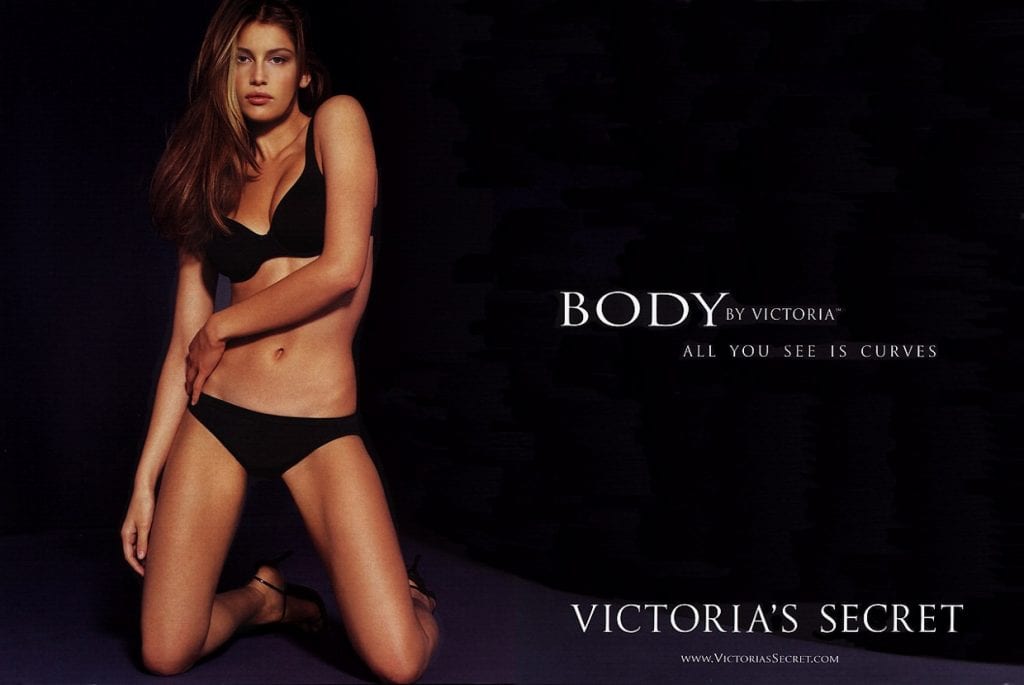On the heels of an eye-opening exposé on Victoria’s Secret that the New York Times published in February, the internet was abuzz with commentary … and in at least some cases, downright rage. Entitled, “Angels in Hell,” the lengthy article detailed the “widespread bullying and harassment of employees and models” that had been underway, and the culture of “misogyny” that allegedly dominated the workings of the lingerie giant for decades. In response to the widely-read article, which was written by Jessica Silver-Greenberg, Katherine Rosman, Sapna Maheshwari and James Stewart, one individual decided to take action.
Within a matter of days of the publication of the New York Times article, John Giarratano served L Brands with a demand. On its face, the formal request had little to do with the media frenzy that coincided with the disturbing allegations emerging about 42-year old Victoria’s Secret. It was a books and records demand, something of a common action in which a company shareholder seeks access to company information for a “proper purpose,” and usually in order to gather discovery ahead of the filing of a lawsuit.
While Giarratano’s request may – at first glance – have appeared to have little to do with Victoria’s Secret’s ongoing slaughter-by-media, that was precisely the impetus for the action. “After learning about the toxic culture of sexual harassment, discrimination, and retaliation that for years has plagued [L Brands’] flagship brand, Victoria’s Secret,” Giarratano sought to “investigate potential wrongdoing by [L Brands] and its board of directors.”
In his demand, Giarratano cited the “disturbing” allegations in the Times’ article, and sought an array of internal documentation – from L Brands’ policies regarding sexual harassment to “any settlements or non-disclosure agreements related to any L Brands employee, executive, or director concerning sexual harassment, sexual assault, workplace discrimination, and/or hostile work environment” and “any communications, including e-mails, text messages and other communications [from] or among the board concerning” any of those things.
The letter requested the materials be made available “as soon as possible.”
Now, more than three months later, Giarratano – who owns “approximately 216 shares of L Brands stock” – claims, in a newly-filed lawsuit, that while L Brands agreed in early March to produce “several categories of documents requested in the demand,” it has yet to produce “a single document,” as it has “abruptly changed course.” Instead of providing the agreed-upon documentation, Giarratano says that L Brands notified him on March 24 that “it would unilaterally be tabling its response to [his] demand for an indefinite period of time due to difficulties associated with the COVID-19 pandemic.”
Giarratano says that the company has flat-out ignored his “communications requesting an update on a response to his demand,” and “In fact, has been completely silent since April 3, 2020.”
As such, in a complaint filed last week, Giarratano asked the Delaware Chancery Court to require L Brands to produce the requested documentation in light of such “stonewalling,” telling the court that he is trying to determine “the extent to which [L Brands], [its founder] Leslie Wexner, and the [company’s] board knew about and condoned the behavior … that created [Victoria’s Secret’s] entrenched culture of misogyny.”
Specifically, Giarratano points to reports of the “abusive and hostile work environment that was perpetuated and condoned by senior L Brands executives, including Wexner himself, and his right-hand man and close ally, Edward Razek, the former Chief Marketing Officer of L Brands,” and that allegedly saw “female employees of and models hired by Victoria’s Secret subjected to unwanted touching, inappropriate comments, verbal abuse, and assault.”
Giarratano continues to on point to L Brands’, Victoria’s Secret’s, and Wexner’s own personal ties to late financier and pedophile Jeffrey Epstein, who, according to the complaint, the Victoria’s Secret brand “had connections to,” as “for years, [Epstein] posed as a ‘recruiter’ for Victoria’s Secret to lure models in for ‘auditions’ that resulted in sexual assaults.”
“Three L Brands executives confirmed that Wexner was told about Epstein’s attempts to recruit women,” the complaint states. “These executives said there was no sign that Wexner had acted on the complaints.”
Ultimately, “Wexner and the [L Brands] board – a group of individuals with deep personal and professional ties to Wexner and the company – knew or should have known about [the wide array of] incidents and the hostile work environment created by the misconduct,” Giarratano asserts. “Nevertheless, the board failed to exercise proper oversight over Victoria’s Secret, including by taking the necessary steps to prevent such misconduct from occurring in the first place and by failing to take the necessary remedial steps to ensure such misconduct did not continue in the future.”
The stream of “damning allegations against Victoria’s Secret” in recent years and the L Brands’ board’s failure to adequately remedy such alleged misconduct has “alienated the brand’s customer base,” per Giarratano, thereby giving rise to losses of approximately $1 billion in sales for L Brands as of the first quarter of 2019 compared to the same quarter in 2018. (According to CNBC, shares in the publicly-traded L Brands have fallen nearly 26 percent over the past year, and are valued at nearly $5 billion. As of the first quarter of 2020, L Brands’ sales were down even further, tumbling 37 percent to $1.65 billion from $2.63 billion a year ago).
With all of the foregoing in mind, Giarratano is asking the court to compel L Brands to comply with his demand, which is “narrowly focused [on a] set of documents sufficient to achieve [his] purposes in making the demand, and which states multiple proper purposes for requesting [L Brands’] books and records, all of which are reasonably related to [his] interests as stockholder.”
A representative for L Brands was not immediately available for comment.
*The case is John Giarratano v. L Brands Inc., 2020-0437 (Del. Chancery).











